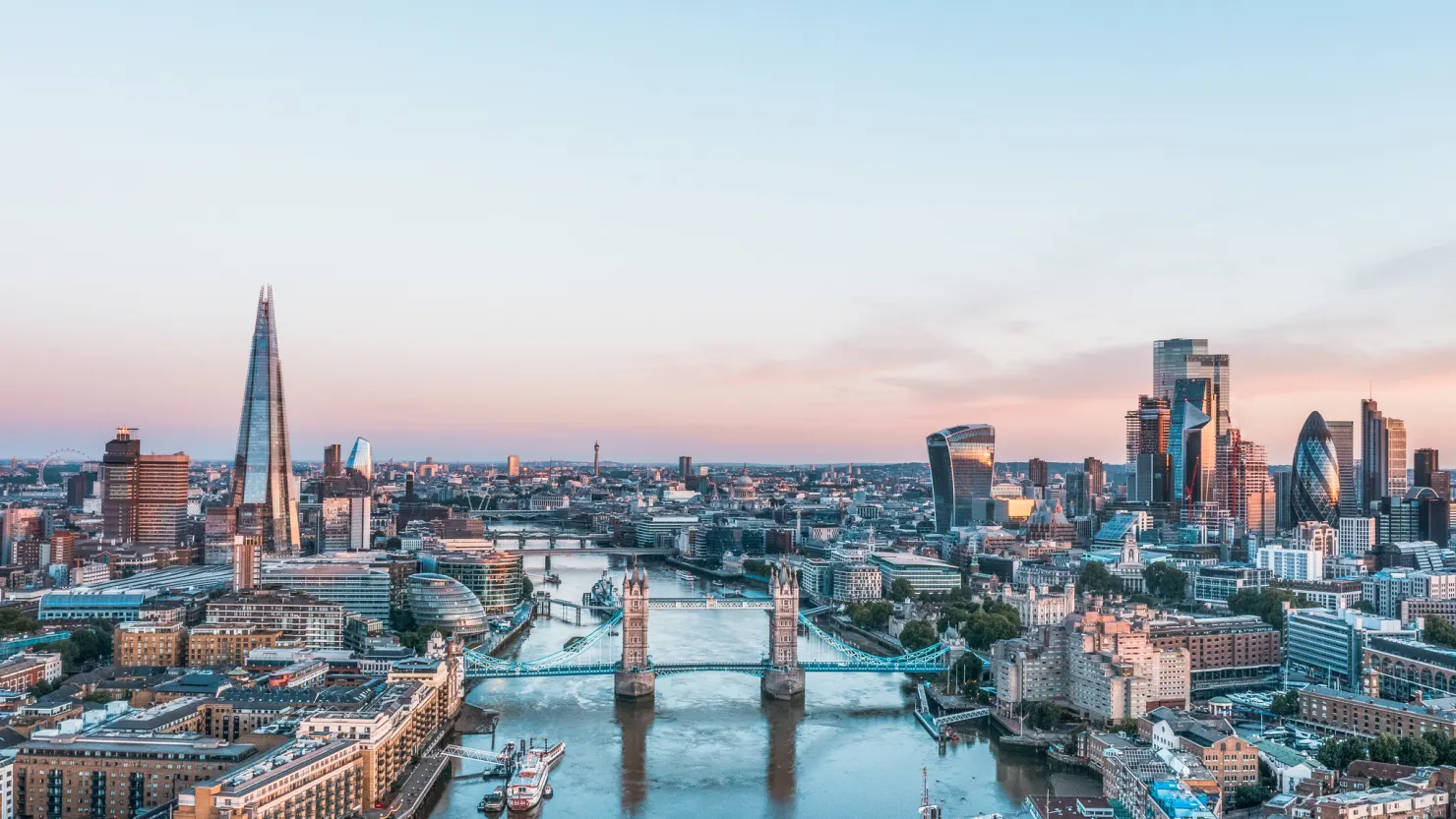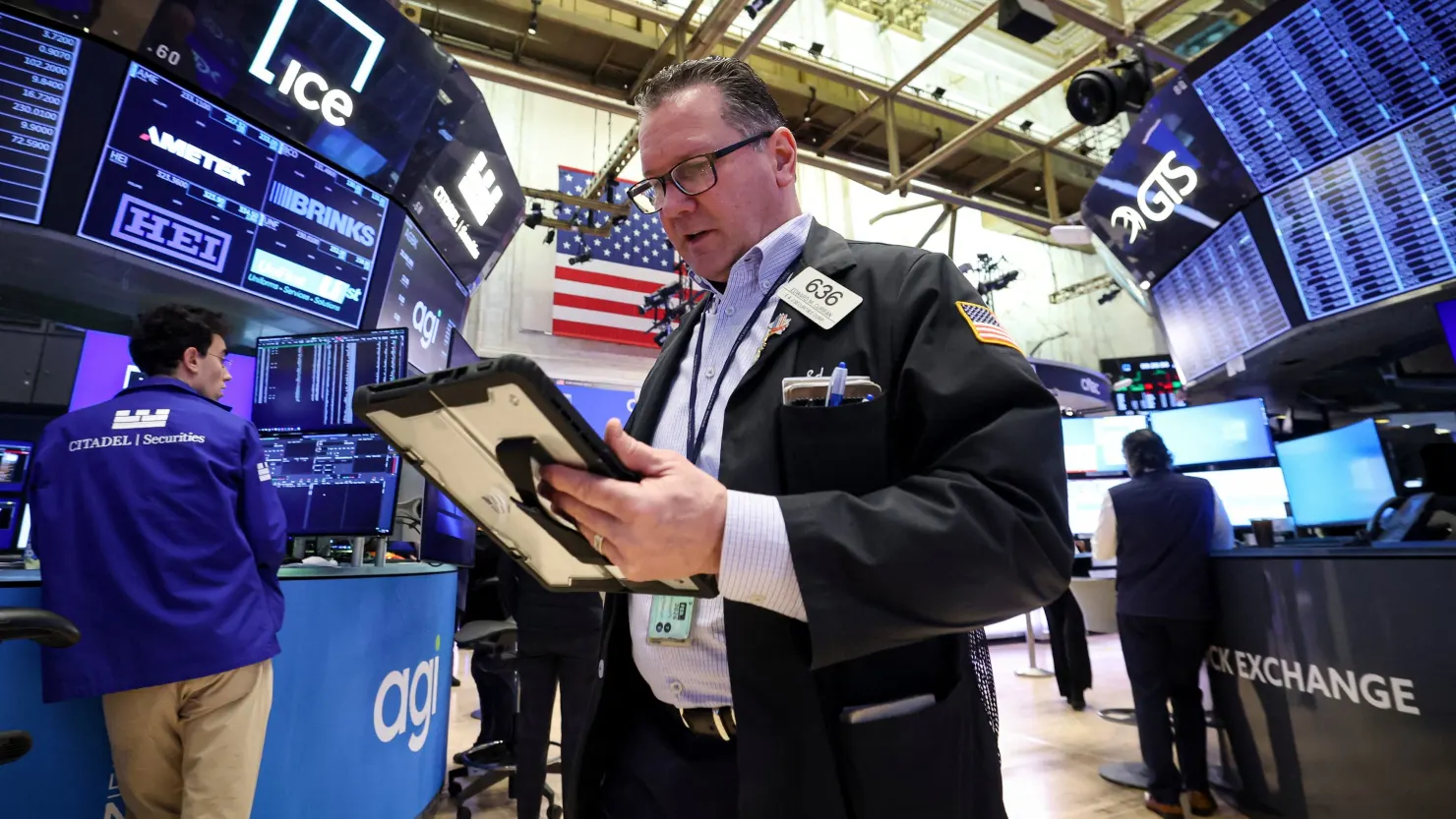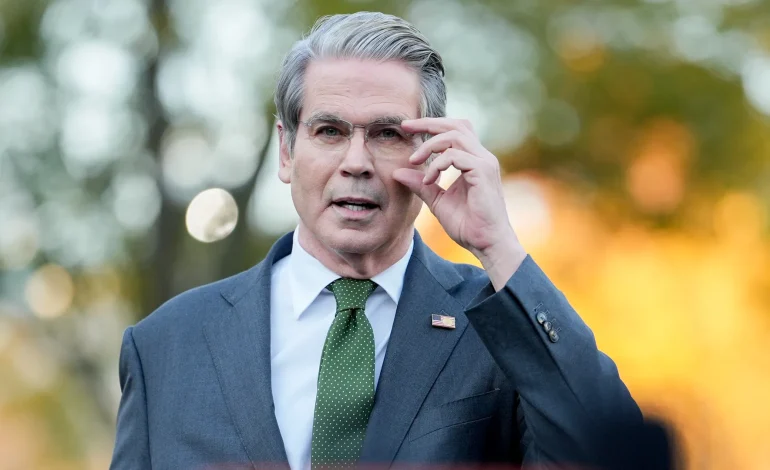With input from CNN, Axios, and Business Insider.
The Trump administration has suddenly discovered the word “affordability,” and coffee is the latest prop in that scramble.
After Republicans got hammered in last week’s off-year elections, the White House is hustling to prove it’s doing something — anything — to ease sticker shock. Treasury Secretary Scott Bessent went on Fox News Wednesday and promised “substantial announcements” in the coming days to lower prices on things the US doesn’t grow, “coffee being one of them, bananas, other fruits, things like that,” he said. The idea is to yank back some of the tariffs the administration itself slapped on imports.
That’s notable for two reasons. First, Bessent is basically admitting what the administration has spent years denying: tariffs really do raise prices for American consumers. Trump has hit major coffee suppliers like Brazil and Colombia with steep duties — 40 to 50 percent on some Brazilian goods, 10 to 20 percent on others, plus levies on Vietnam — at the same time extreme weather has hammered harvests in those countries. Retail coffee prices are now roughly 19 to 20 percent higher than a year ago, and coffee futures were hovering near record levels before Bessent’s comments briefly knocked them down.
Second, even if Trump follows through and carves coffee out of his tariff regime, your daily brew probably won’t get much cheaper.
The problem is basic math and human behavior. The United States produces less than 1 percent of the coffee it drinks. Almost everything in your mug comes from abroad, especially Brazil, Colombia and Vietnam. You can’t just plant a few coffee trees next to the corn in Iowa and fix that. At the same time, Americans haven’t cut back. According to the National Coffee Association, consumption has held steady through every bump in price because coffee is both ritual and lifeline. It spans age, income, politics, geography — pretty much everyone drinks it, and most people aren’t willing to give it up.
That loyalty gives businesses enormous pricing power. Coffee shops have raised prices to cover their higher costs and discovered that customers still line up. Seven-dollar lattes may spark complaints, but the lines haven’t gone away. And as Cornell hospitality professor Alex Susskind points out, once companies hike prices, they almost never roll them all the way back down. Big chains like Starbucks and Peet’s now know their core customers will swallow higher prices, tariffs or not, so there’s very little incentive to shave more than a token amount off the menu if their own input costs fall.
The grocery aisle is a little different. Mass-market brands that sell ground coffee by the can are more exposed to price-sensitive shoppers, so if import costs drop meaningfully and competition stays hot, you might eventually see a bit of relief on supermarket shelves. But even there, any change will likely be slow, modest and easy to miss against the backdrop of everything else getting more expensive.
Politically, though, the symbolism is huge. Coffee has become shorthand for “everything feels too expensive.” When egg prices were spiking under Biden, the White House couldn’t convince people inflation was “under control,” no matter what the charts said. Now Trump is in the same bind. A recent CNN poll found 61 percent of Americans say his policies have made economic conditions worse — a higher share than Biden ever hit in similar surveys. Voters in key states made it very clear earlier this month that they’re furious about the cost of living.
That’s why Bessent suddenly talking about tariff relief on coffee, bananas and other imported staples matters, even if the policy impact is limited. It’s a tacit admission that taking a hardline, across-the-board tariff approach has added fuel to the inflation fire — and that the administration knows it.
But if Trump thinks cutting coffee tariffs is going to win back angry voters, he may be misreading the room. Yes, people hate paying more for their morning caffeine, and yes, they notice when that bag of beans jumps a couple bucks. But the real pain is coming from housing, energy and health care, not what’s in the cup holder. Those big-ticket costs are the ones reshaping budgets, delaying moves and souring people on the broader economy.
So sure, if the administration follows through, coffee traders will adjust and wholesale prices might ease a bit. Maybe some grocery brands will quietly nudge prices down a notch. But that $6 iced latte on the corner? Don’t hold your breath. America loves coffee too much, and businesses know just how far they can push it.










The latest news in your social feeds
Subscribe to our social media platforms to stay tuned